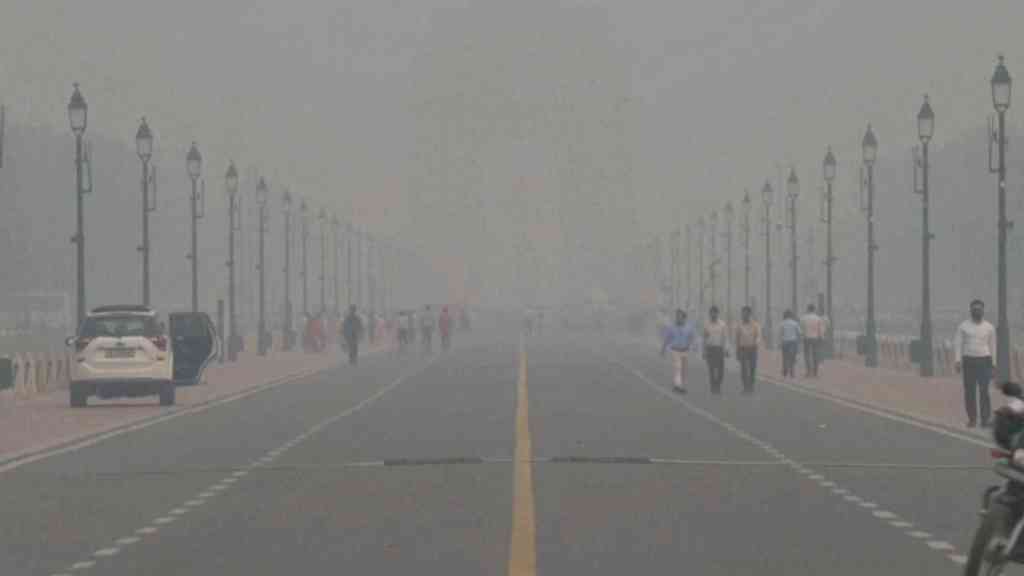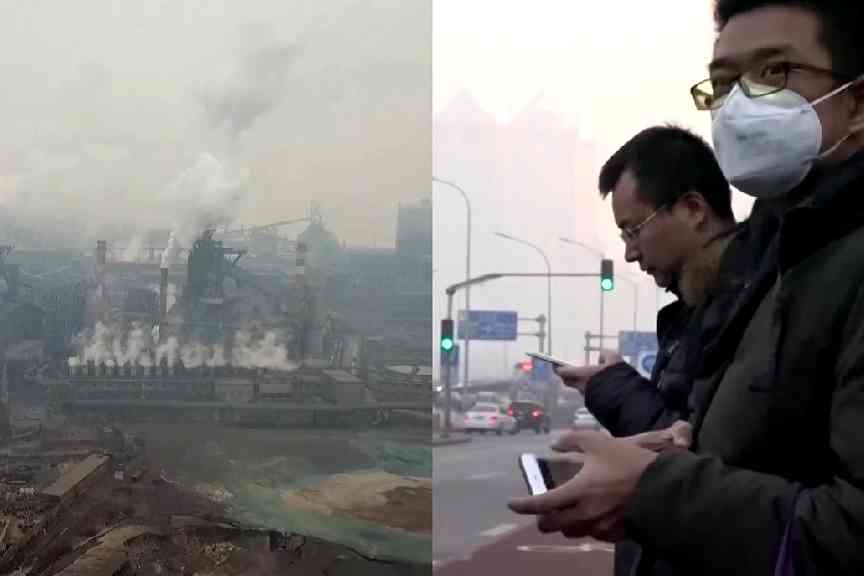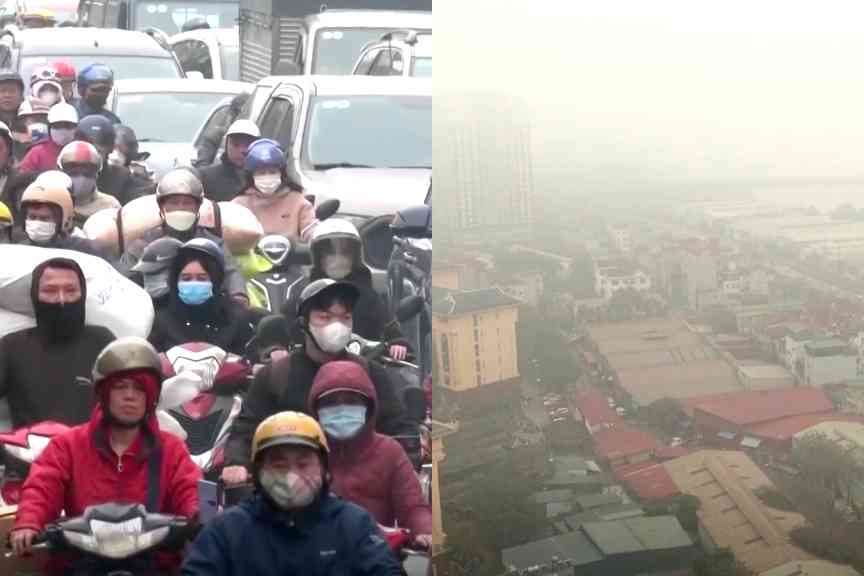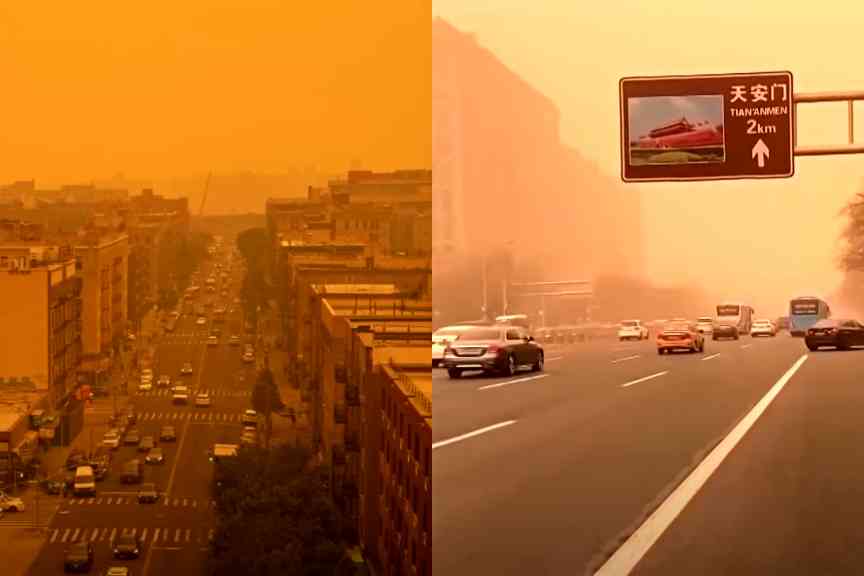99 of the world’s 100 most polluted cities are in Asia: report



By Carl Samson
March 22, 2024
Asian cities lead the world in air pollution, according to a new report.
Key points:
- The report by Swiss air quality firm IQAir says 99 of the world’s 100 most polluted cities in 2023 are in Asia, with Indian cities dominating. The only city outside the continent to make the list was Benoni in South Africa.
- The World Health Organization (WHO) recommends that the average annual concentration of PM2.5 (particulate matter with a diameter of 2.5 micrometers or smaller) should not exceed 5 micrograms per cubic meter to minimize the risk of health problems associated with air pollution.
- Only 9% of cities worldwide met the WHO standard, underscoring a global need for transformative clean air policies.
The details:
- Of the list’s 100 most polluted cities, 83 come from India. Approximately 1.3 billion people, or 96% of its population, live with air quality seven times above the WHO’s safe limit.
- Begusarai, located in northeastern India, is the world’s most polluted city, with PM2.5 levels of 118.9 micrograms per cubic meter, which is 23 times above the WHO guideline. Three other Indian cities — Guwahati, Delhi and Mullanpur — and Lahore, Pakistan, round out the planet’s five most polluted cities.
- While India has the world’s most polluted cities, the most polluted country is Bangladesh, having an average PM2.5 concentration of 79.9 micrograms per cubic meter — nearly 16 times higher than the WHO guideline. Pakistan, India, Tajikistan and Burkina Faso in West Africa complete the world’s five most polluted countries.
- IQAir attributed Asia’s soaring pollution levels to high greenhouse gas emissions from coal-fired power plants and the impact of climate phenomena like El Niño. Efforts to combat these issues are hampered by a lack of improvement in energy infrastructure and agricultural practices.
- The report calls for increased monitoring and data collection, particularly in Africa, where a third of the population still lacks access to air quality data.
Share this Article
Share this Article





